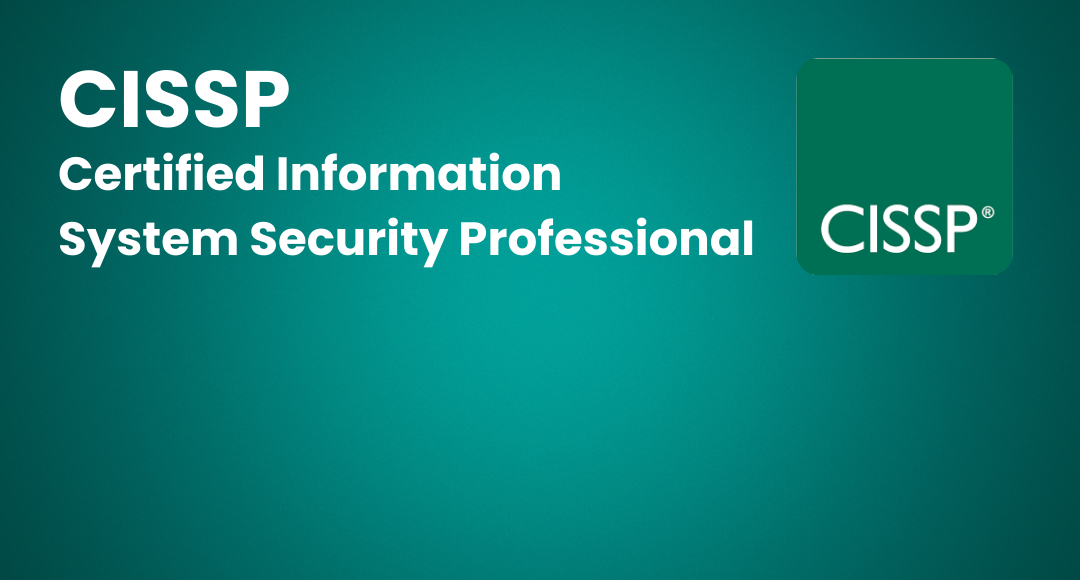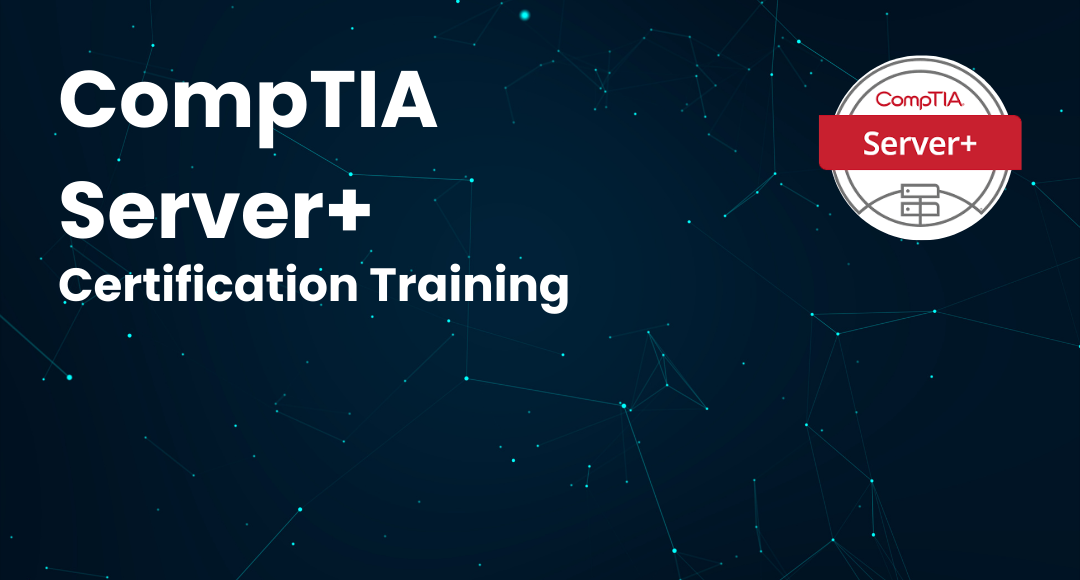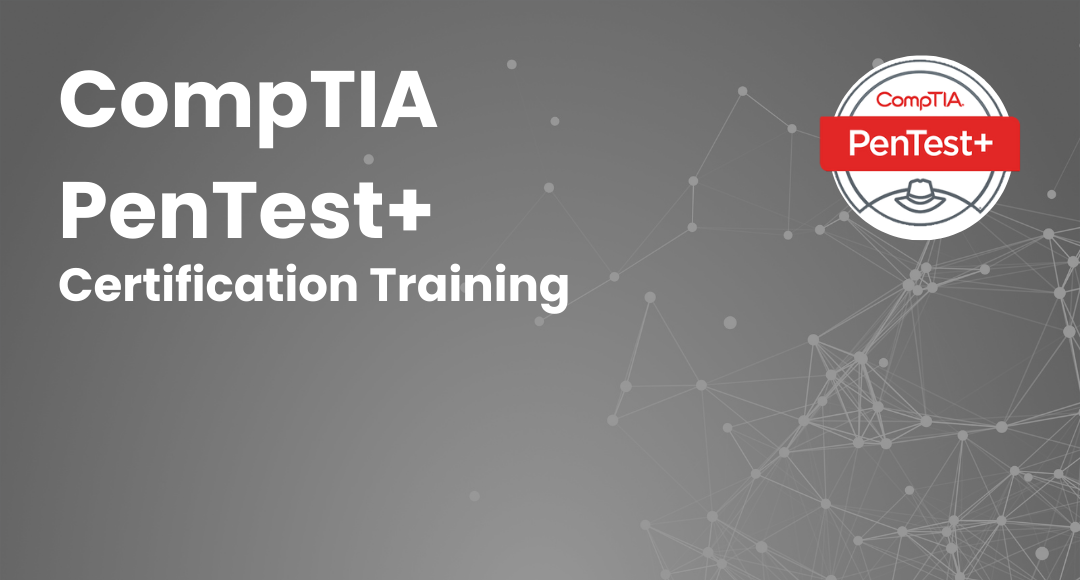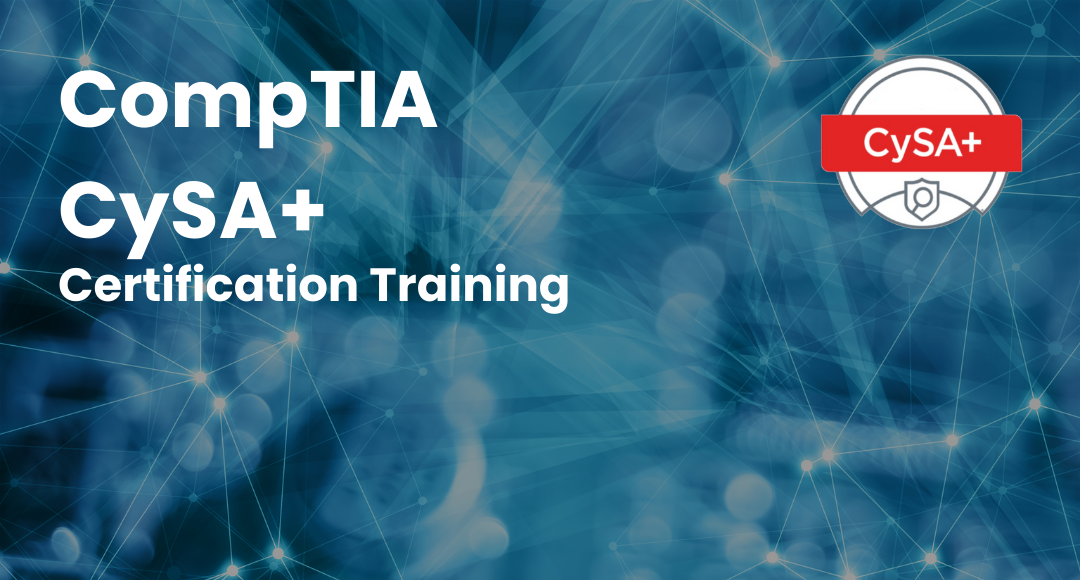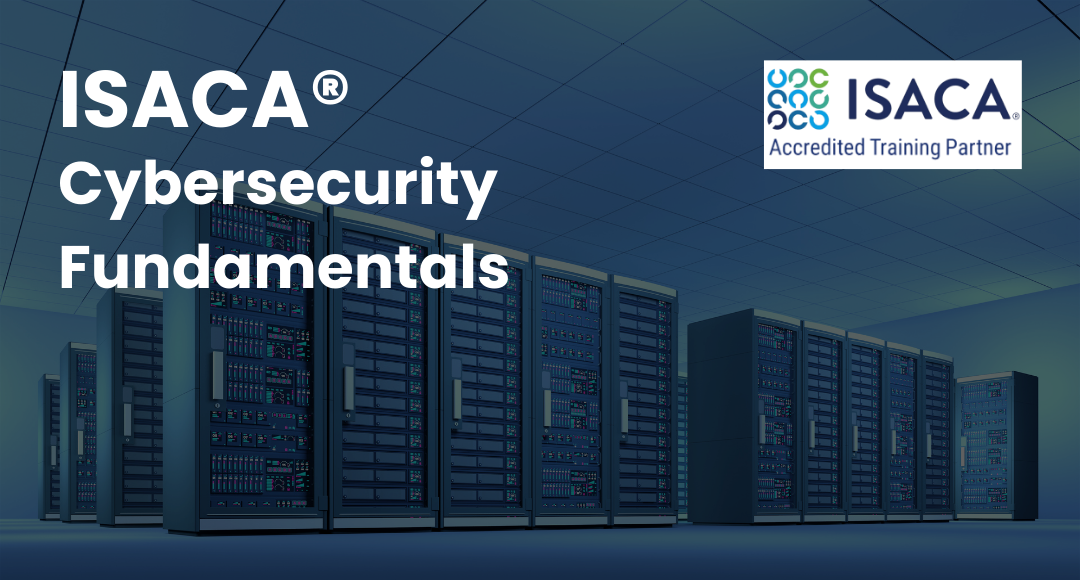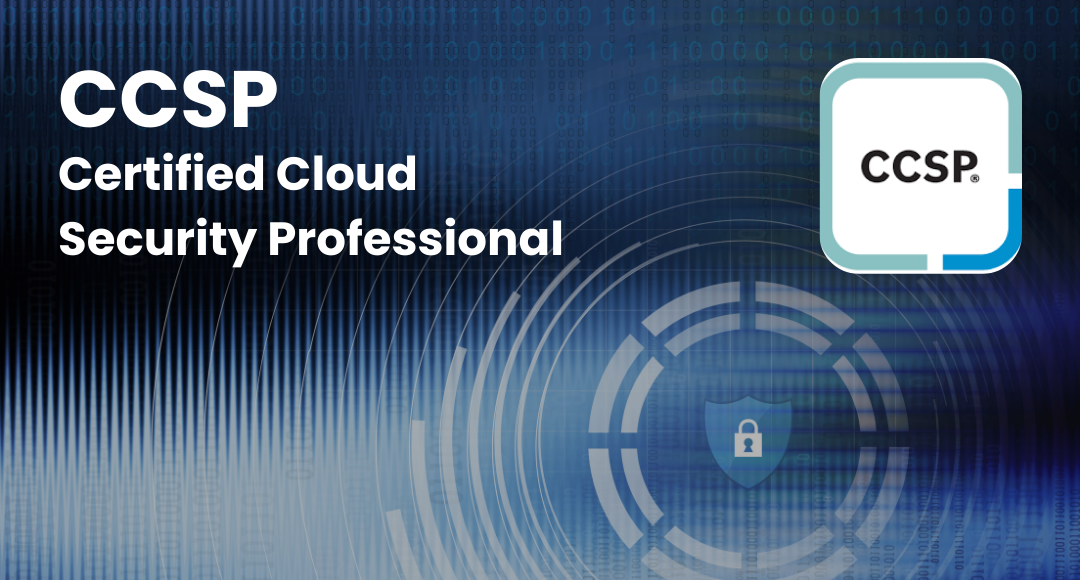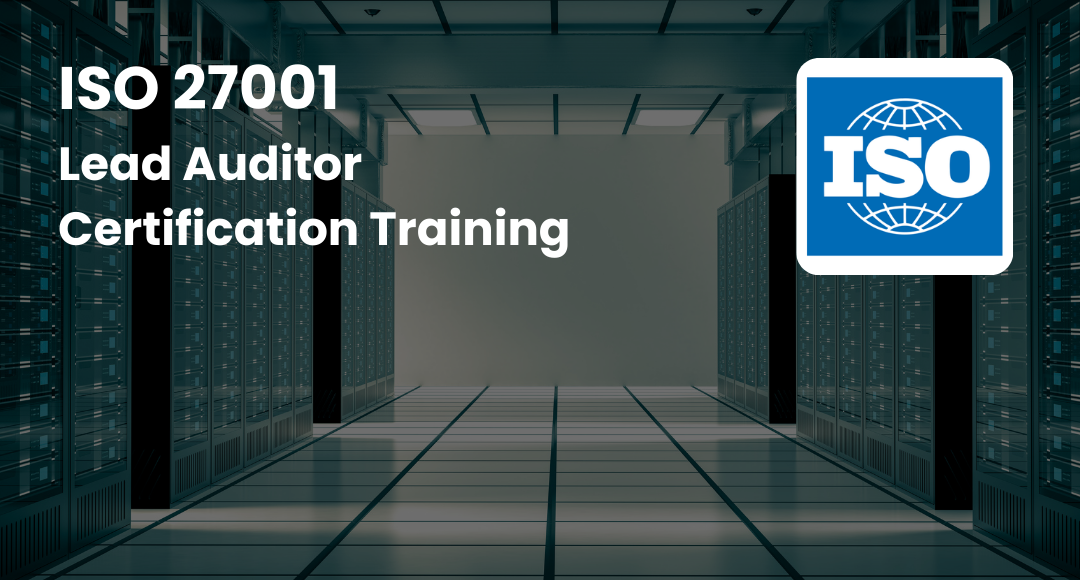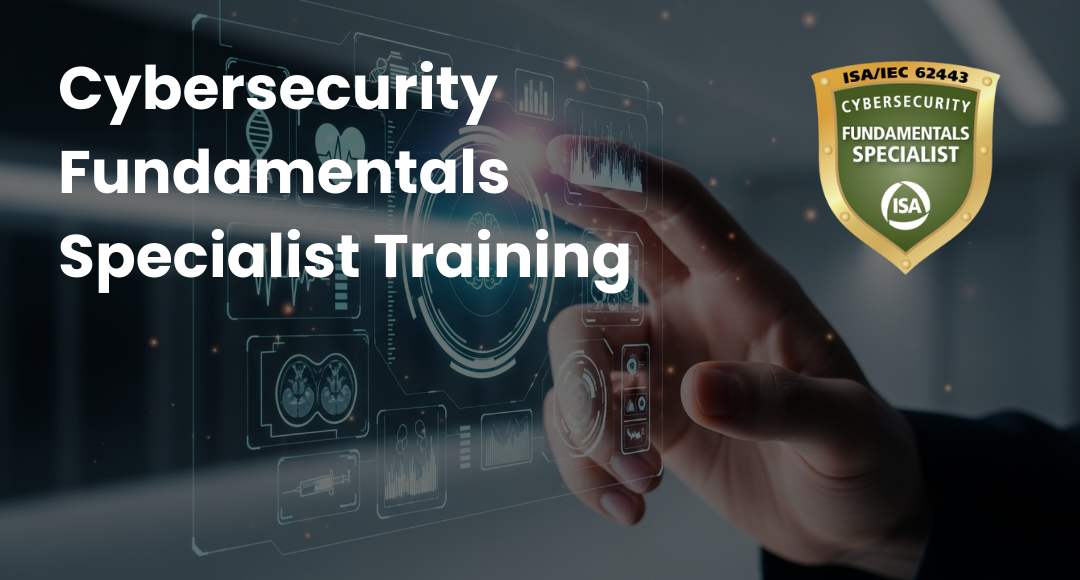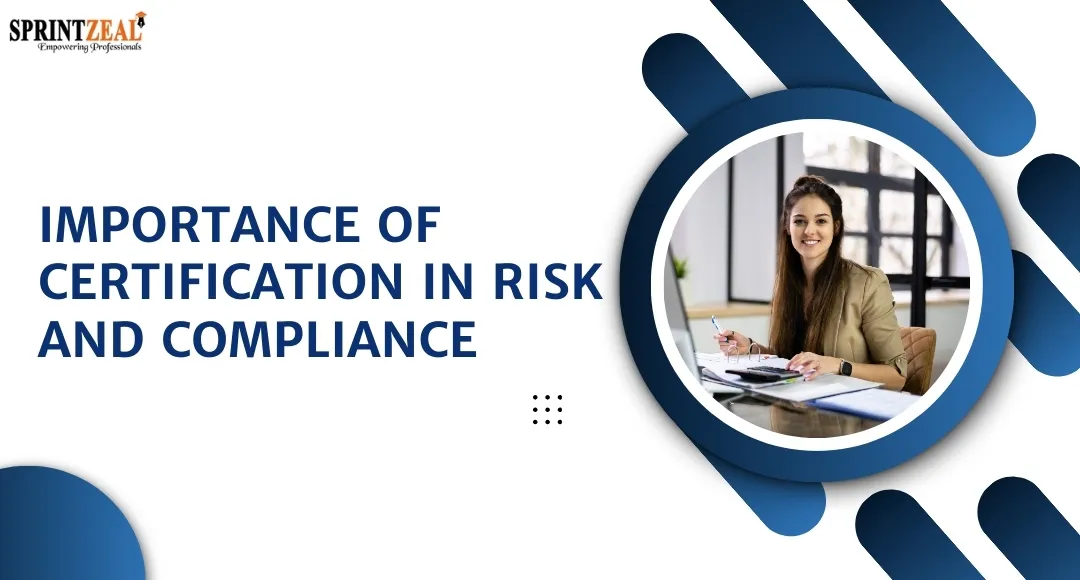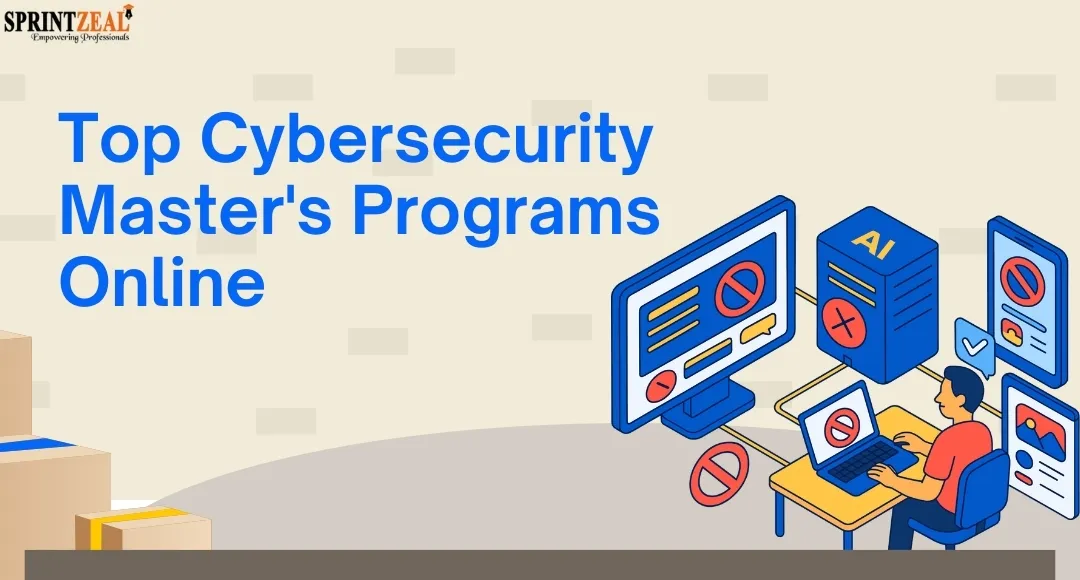List of Top Department of Defense (DoD) Approved 8570 Certification Courses
-
 By Niharika Chaurasia
By Niharika Chaurasia
- Published on Jun 28 2023

Table of Contents
Introduction
Are you ready to take your career in the defense and cybersecurity industry to new heights? Look no further than Department of Defense (DoD) Approved 8570 Certification. These certifications are more than just pieces of paper – they open doors to wonderful opportunities and advancement.
In today's digital landscape, cybersecurity professionals are in high demand. As per industry reports, job market for cybersecurity analysts is expected to grow at a rapid pace of 31% from 2019 to 2029, outpacing the average for all occupations. This means that pursuing a career in cybersecurity offers excellent job prospects and stability.
Not only are job prospects promising, but financial benefits are also equally alluring. The average annual income for cybersecurity professionals is approximately $99,730 in the United States, and high earners makes nearly $160,000 per year. These numbers demonstrate the lucrative nature of the profession and the potential for significant earning potential.
In this engaging blog article, we will explore the world of DoD Approved Certification Courses. We'll unveil the top certifications recognized and accepted by the DoD, giving you the edge in landing sought-after roles within the department.
So, let's dive in, absorb the knowledge, and pave the way to success in cybersecurity and information assurance. The possibilities are endless – read on to find your path!
Understanding DoD 8570 Certification
DoD approved 8570 Certification is not just another set of credentials. It is a powerful directive that plays a crucial role in ensuring the highest standards of cybersecurity and information assurance within the Department of Defense. This directive mandates that all personnel involved in handling sensitive information or performing cybersecurity functions must obtain specific certifications to validate their expertise.
To obtain DoD approved Certification, professionals must fulfill specific requirements based on their job roles and responsibilities.
Job roles in the certification framework are divided into various levels, like Information Assurance Technician (IAT) and Information Assurance Manager (IAM), and outline the needed certifications for each level.
DOD approved certifications cover a wide range of domains, such as network security, ethical hacking, incident response, and risk management. By acquiring these certifications, professionals gain the expertise needed to handle complex cybersecurity challenges and contribute effectively to the defense of critical information infrastructure.
Benefits of DoD Approved 8570 Certification
For those looking for job prospects in the defense industry as well as greater credibility for qualified experts, the DoD approved 8570 Certification offers the following benefits:

-Validation of expertise and proficiency in cybersecurity skills and knowledge, ensuring that professionals are well-equipped to handle the complex and evolving challenges of information security.
-Potential for higher salaries and better career prospects within the defense sector, as certifications demonstrate specialized knowledge and skills that are in high demand.
-Recognition as a reliable and knowledgeable professional in the defense industry, creating trust in colleagues, clients, and employers.
-Offers a variety of job opportunities within the Department of Defense, including roles such as Information Security Analyst, Security Engineer, and Network Administrator.
-Increased competitiveness in the job market, with preference given to certified professionals during recruitment and selection processes
-More opportunities for professional growth and advancement, as certifications are often required or preferred for higher-level positions within the defense sector.
By obtaining DoD Approved 8570 Certification, professionals can gain a competitive edge, establish their credibility, and position themselves for rewarding careers in the defense industry. These certifications not only enhance their marketability but also showcase their dedication to maintaining the highest standards of cybersecurity excellence.
List of Top DoD Approved 8570 Certification Courses
Here's a list of top DoD Approved 8570 Certification Courses, along with their course details, requirements, and benefits:

1.Certified Information Systems Security Professional (CISSP)
Course Details: Covers eight domains of information security, including security and risk management, asset security, and cryptography.
Requirements: Five years of professional work experience in at least two CISSP domains.
Benefits: Widely recognized certification, demonstrates advanced knowledge and skills in information security.
2.Certified Ethical Hacker (CEH)
Course Details: Focuses on identifying vulnerabilities and applying ethical hacking techniques to secure systems.
Requirements: No specific prerequisites, but cybersecurity knowledge is recommended.
Benefits: Equips professionals with ethical hacking skills, enhances understanding of hacking methods, and strengthens defensive strategies.
3.CompTIA Security+
Course Details: Covers network security, cryptography, identity management, and other key security concepts.
Requirements: No prerequisites, but some knowledge of network fundamentals is recommended.
Benefits: Validates foundational cybersecurity knowledge, widely recognized by employers, and provides a stepping stone for higher-level certifications.
4.Certified Information Systems Auditor (CISA)
Course Details: Focuses on auditing, control, and security of information systems.
Requirements: Five years of relevant work experience in information systems auditing, control, or security.
Benefits: Demonstrates expertise in information systems auditing, enhances career prospects in auditing and security roles.
5.Certified Information Security Manager (CISM)
Course Details: includes information security management, risk management, and incident response.
Requirements: Minimum five years of work experience in information security management.
Benefits: Validates skills in managing, designing, and assessing an enterprise's information security program.
6.CompTIA Cybersecurity Analyst (CySA+)
Course Details: Focuses on cybersecurity analytics, threat detection, and response.
Requirements: CompTIA Security+ certification or equivalent experience.
Benefits: Validates skills in cybersecurity analytics, enhances the ability to detect and respond to security incidents.
7.Certified Authorization Professional (CAP)
Course Details: Focuses on risk management framework and the process of authorizing and maintaining information systems.
Requirements: Five years of relevant work experience in information systems security, including one year of experience in the CAP domain.
Benefits: Demonstrates expertise in the authorization process, enhances career prospects in risk management and security assessment roles.
8.GIAC Security Essentials (GSEC)
Course Details: includes a wide range of security subjects, such as network security, access controls, and cryptography.
Requirements: No prerequisites, but some experience in IT or information security is recommended.
Benefits: Validates foundational knowledge of information security, widely recognized in the industry.
9.Certified Secure Software Lifecycle Professional (CSSLP)
Course Details: Focuses on secure software development and best practices for integrating security into the software development lifecycle.
Requirements: Four years of relevant work experience in at least one of the eight CSSLP domains.
Benefits: Demonstrates expertise in secure software development, and enhances career prospects in software security roles.
10.Offensive Security Certified Professional (OSCP)
Course Details: Provides practical hands-on training in penetration testing and ethical hacking techniques.
Requirements: No prerequisites, but some experience in information security and networking is recommended.
Benefits: Validates practical skills in penetration testing, highly regarded in the cybersecurity industry.
11.Certified Information Systems Security Professional (CISSP)
Course Details: includes a broad range of security subjects, such as access control, cryptography, and risk management.
Requirements: Five years of relevant work experience in at least two CISSP domains or a four-year college degree.
Benefits: Globally recognized certification, opens doors to senior-level cybersecurity positions.
12.Certified Ethical Hacker (CEH)
Course Details: Focuses on ethical hacking techniques and tools to identify vulnerabilities and secure systems.
Requirements: No prerequisites, but some experience in information security is recommended.
Benefits: Validates skills in ethical hacking, enhances career prospects in penetration testing and vulnerability assessment.
13.Certified Information Security Manager (CISM)
Course Details: Covers information security management, risk assessment, and governance.
Requirements: Five years of relevant work experience in information security management, including three years of experience in at least three CISM domains.
Benefits: Demonstrates expertise in information security management, enhances career prospects in managerial roles.
14.Certified Cloud Security Professional (CCSP)
Course Details: Focuses on cloud security principles, architecture, and governance.
Requirements: Five years of relevant work experience in information technology, including three years of experience in at least one CCSP domain.
Benefits: Validates skills in cloud security, enhances career prospects in cloud security roles.
15.Certified Information Privacy Professional (CIPP)
Course Details: Covers privacy regulations, compliance, and data protection.
Requirements: No prerequisites, but some experience or familiarity with privacy and data protection is recommended.
Benefits: Demonstrates knowledge in privacy laws and regulations enhances career prospects in privacy and data protection roles.
These additional DoD Approved Certification Courses provide professionals with specialized skills and knowledge in different areas of information security, allowing them to excel in their careers and contribute effectively to the defense industry.
Final Thought
Pursuing DoD Approved 8570 Certification Courses is essential for career growth in the defense industry. These certifications enhance credibility; provide specialized knowledge, and open doors to a wide range of job prospects.
To excel in this dynamic field, explore Sprintzeal's cybersecurity certification courses. Gain the necessary skills and expertise to make a meaningful impact and unlock new opportunities in the IT security sector.
Our industry-recognized courses, delivered by experienced instructors, provide practical insights and real-world applications. Whether you're just starting your career or looking to advance in the defense industry, Sprintzeal courses can equip you with the expertise you need.
Explore Sprintzeal blogs and stay Informed, take your cybersecurity knowledge to the next level with our informative blog articles!
Popular Programs
CISSP® - Certified Information System Security Professional
Live Virtual Training
- 4.8 (964 + Ratings)
- 67k + Learners
CISA® - Certified Information System Auditor
Live Virtual Training
- 4.2 (426 + Ratings)
- 63k + Learners
CISM® - Certified Information Security Manager
Live Virtual Training
- 5 (200 + Ratings)
- 63k + Learners
CCSP® - Certified Cloud Security Professional
Live Virtual Training
- 4.5 (964 + Ratings)
- 44k + Learners
Trending Posts
Risk-Based Internal Auditing Approaches: 7 Steps to Explore
Last updated on Dec 20 2023
Why Certification in Risk and Compliance Is Critical in Today’s Financial World
Last updated on Dec 29 2025
Top Online Master's in Cybersecurity Programs for Working Professionals
Last updated on Nov 24 2025
How Does Slack Respond to Security Challenges?
Last updated on Dec 20 2024
Understanding Risk assessment in audit planning
Last updated on Dec 4 2023
Cyber Security Careers and Outlook - 2026 Guide
Last updated on Mar 21 2024
Categories
- Other 75
- Agile Management 49
- Cloud Computing 58
- Project Management 175
- Data Science 69
- Business Management 88
- Digital Marketing 87
- IT Service Management 36
- Programming Language 61
- AI and Machine Learning 91
- IT Security 113
- Quality Management 78
- IT Hardware and Networking 27
- Microsoft Program 5
- Workplace Skill Building 15
- Risk Management 9
- Information Security 8
- Leadership and Management 9
- Corporate Training and Development 1
Trending Now
Top 5 Compelling Reasons To Get A Cyber Security Certification
ebookHow to Become IT Security Expert with CISSP Certification
ebookTop 20 Reasons You Should Get a CISSP Certification
ebookWhat is CISSP? – Everything about CISSP Certification Explained
ebookPass CISSP Exam - How to Clear CISSP Exam in First Attempt 2026 (UPDATED)
ebookCISSP Certification – Top 25 Career Benefits in 2026
ebookCybersecurity – Everything You Need to Know About it
ebookUpdated Google Certification Training Course list 2026
ArticleWhich Certification is best for Cybersecurity?
ebookWhich Cybersecurity Certification Should I Get First?
ebookCysa+ certification – Should you get it?
ebookList of Top Security Certifications
ArticleEasiest Security Certification to Get
ebookCISM certification cost and career benefits
ebookCybersecurity Fundamentals Explained
ebookISACA Certifications List 2026
ebookCareer Benefits of CISM Certification in 2026
ArticleList of Top Information Security Certifications in 2026
ebookCISM certification cost details
ArticleMitigate the Cyber-Attack Risks with Best Cyber Security Protocols
ebookCybersecurity Interview Questions and Answers 2026
ebookTop Cybersecurity Software Tools In 2026
ebookInformation Security Analyst - Career, Job Role, and Top Certifications
ebookCyber Security Analyst - How to Become, Job Demand and Top Certifications
ebookWhat is Data Security - Types, Strategy, Compliance and Regulations
ebookData loss Prevention in Cyber Security Explained
ebookCybersecurity Controls Explained in Detail
ebookCybersecurity Framework - A Complete Guide
ebookWhat is Cryptography - A Comprehensive Guide
ebookData Leak - What is it, Prevention and Solutions
ebookCybersecurity Career Paths Guide
ebookFuture of Cybersecurity - Trends and Scope
ebookCyber Security Careers and Outlook - 2026 Guide
ebook5 Cybersecurity Predictions in 2026 - Trends and Challenges
ebookScope for Cybersecurity in 2026 - Latest Update
ebookEthical Hacking Career: A Career Guide for Ethical Hacker
ebookApplication Security: All You Need To Know
ebookCybersecurity Roles - Top Roles and Skills to Consider in 2026
ebookHow to Get Cyber Essentials Certified
ebookTop 10 Cyber Security Threats and How to Prevent Them
ebookTop 10 Network Scanning Tools of 2026
ebookCyber Incident Response Plan: A Comprehensive Guide
ebookInformation Assurance Careers - Exploring Career Paths
ebookWhat is the Department of Defense (DoD) Directive 8140
ebookCybersecurity Mesh Architecture: What It Is and How to Build It
ebookWhat is Threat Modeling? Methodologies, Types, and Steps
ebookWhat is Digital Forensics? Types, Process & Challenges
ebookInformation Assurance Model in Cybersecurity
ebookHow to Become an Information Security Analyst Salary, Skills, and More
ArticleTop 5 Ransomware Attacks to Watch Out for in 2026
ebookJob Prospects for DoD Certified Professionals: A Pathway to Success in cybersecurity
ebook10 Biggest Data Breaches of the 21st Century
ebookWhat is a Cybersecurity Incident?-Types, Impact, Response Process and More
ebookCyber Security Planning - A Detailed Guide for Risk Mitigation
ebookWhat is Cybercrime? Exploring Types, Examples, and Prevention
ebookRecent Cyber Attacks & Data Breaches in 2026
ebookCybersecurity Strategy: Building a Strong Defense for Business
ebookCybercrime Impacts On Business: 6 Major Effects
ebook5 Types of Cyber Attacks You Should Be Aware of in 2026
ebookCloud Cyber Attacks: Causes, Types, Prevention and Protection
ebookCloud Malware: Types of Attacks and Security Measure
ebookCyber Attack Statistics and Trends to Know in 2026
ebookList Of Top Cybersecurity Threats In 2026
ebookSafeguarding Digital Domain: 10 Most Common Cybercrimes
ebookDemystifying Cloud-Based Cyber Attacks: A Comprehensive Guide
ebookPrevent Cyber Attacks: Strategies to Protect Your Digital Assets
ebookList of Top 10 Cybersecurity Careers in 2026
ebookTop 20 Cybersecurity Trends to Watch Out for in 2026
ArticleHow to Become Cybersecurity Engineer
ArticleUnderstanding Risk assessment in audit planning
ArticleFundamentals of Risk-Based Auditing: A Strategic Framework
ArticleRisk-based Audit Planning Guide for Beginners
ebookTop 8 Types of Cybersecurity Jobs and Salary Insights
ArticleA Comprehensive Guide to Building Risk-Based Internal Audit Plan
ArticleRisk-Based Internal Auditing Approaches: 7 Steps to Explore
ArticleCompTIA Security+ 601 vs. 701: Understanding Key Differences
ArticleWhy and How to Perform a Risk-Based Internal Audit
ArticleRisk-Based Auditing Techniques Explained
ebookEvolving Cyber Threats and Vulnerabilities in Cybersecurity Risk Management
ArticleWhat Is Secure Access Service Edge (SASE)?
ArticleHow to Stay Cyber-Secure in Work and Personal Life (Tips and Practices)
ArticleIBM Data Breach: Is IBM Really Breach-Proof?
ArticleTarget Cyber Attack: Key Lessons from the 2013 Data Breach
ArticleLinkedIn User Data Protection Explained
ArticleCanva Data Breach: Best Lessons for Users and Businesses
ArticleHow Did Capital One Respond to Their Major Cyber Incident?
ArticleWhat Innovative Measures Did Reddit Take to Protect User Data?
ArticleHow Does Slack Respond to Security Challenges?
ArticleTwitch Data Breach: Response, Changes, and Key Takeaways
ArticleGuess What Google Did When a Employee Breached Their Firmware
ArticleEthical Hacking Tools: Best Ones for Cybersecurity in 2026
ArticleWhat Happened When Cisco Faced a Cyber Incident?
ArticleWhat Sony Did to Rebuild Trust After a Major Cyberattack
ArticleHow to Handle a Data Breach? Learn from Microsoft!
ArticleCybersecurity Mesh: A New Approach for Security Design
ArticleHow Target Turned a Cyber Crisis into a Lesson for All
ArticleDropbox Data Breach: What Companies Can Learn from It
ArticleHow JPMorgan Chase Strengthened Security After Facing Cyber Threats
ArticleThe Future of Online Security: Trends to Watch in 2026
ArticleLatest Trends in CyberSecurity
ArticleTop 12 Cyber Security Apprenticeships with High Earning Potential in 2026
ArticleEnhancing Safety and Competence in Today's Workplace
ArticlePrivacy at Your Fingertips: How iPhone Users Can Use Tools Securely
ArticleAge Matters: Understanding the Generational Gap in Online Safety Education
ArticleCybersecurity 101: Why Cybersecurity is the Hottest Career Right Now
ArticleWhy Cybersecurity Training Should Be Part of Every Professional's Career Plan
ArticleHow to Protect Your Data When Traveling to Countries Like Malaysia?
ArticleTop Online Master's in Cybersecurity Programs for Working Professionals
ArticleHow AI Detectors Strengthen Cybersecurity in Modern Networks
ArticleHow to Become a Cybersecurity Engineer: Step-by-Step Career Guide
ArticleWhy Certification in Risk and Compliance Is Critical in Today’s Financial World
ArticleWhat is OSI Model? - Layers of OSI Model
Article

